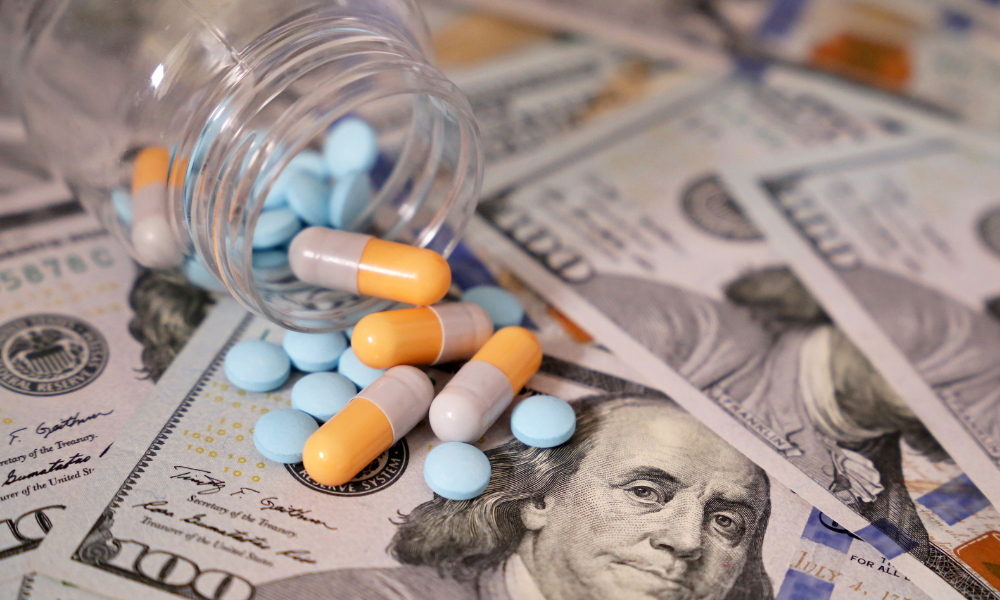Trump’s tariff threat could pressure Canada’s drug pricing system and domestic production

The Trump administration’s decision on pharmaceutical tariffs is still weeks away, prolonging uncertainty for Canada’s drug manufacturing sector, according to Reuters citing four official and industry sources.
The probe, launched in April under Section 232 of the Trade Expansion Act of 1962, is examining whether dependence on foreign drug production — including finished prescription medicines, active pharmaceutical ingredients (APIs), and raw materials — threatens US national security.
The delay is unsettling Canadian manufacturers, as per CBC News, after US President Donald Trump threatened earlier this month to impose tariffs of up to 200 percent on pharmaceutical exports to the US.
The uncertainty has already weighed on stock prices of companies with Canadian operations, such as Emergent Biosolutions and Bausch Health.
Shawn Bugden, dean of the school of pharmacy at Memorial University, said such tariffs could force manufacturers to reconsider producing in Canada.
According to government data cited by CBC, Canada’s pharmaceutical industry represents two percent of the global market and supports an average of 35,000 manufacturing jobs since 2019.
Manitoba accounts for 30–35 percent of the nation’s production, seven percent of its GDP, and about 14,000 jobs.
Andrea Ladouceur, president of the Bioscience Association of Manitoba, described the industry as “the cornerstone of the Manitoba economy,” adding that relocation to other jurisdictions is not off the table if operating in Canada becomes unaffordable.
Reuters reported that Trump has said the tariffs would start small and could rise to 250 percent, with a phased approach over “a year, or a year and a half” to give drugmakers time to boost US production.
While the pharmaceutical sector has been exempt from other tariffs during the investigation, bilateral trade deals with the UK, Japan, South Korea, and the European Union have offered more favourable export terms than those expected globally.
Bugden warned in CBC’s report that a substantial tariff could undermine Canadian price control mechanisms such as the Patented Medicine Prices Review Board and the pan-Canadian Pharmaceutical Alliance.
He cautioned that higher global manufacturing costs could pressure the review board to allow higher prices in Canada.
Ladouceur said any cost increases would ultimately be passed on to consumers, potentially making medicines unaffordable for those who need them most.
Reuters noted that the US administration is prioritizing the US–Russia summit in Alaska and a semiconductor probe, which is expected to be announced before the pharmaceutical decision.
A European government official told Reuters that an announcement before the end of August appears unlikely, though the timing could still shift.



